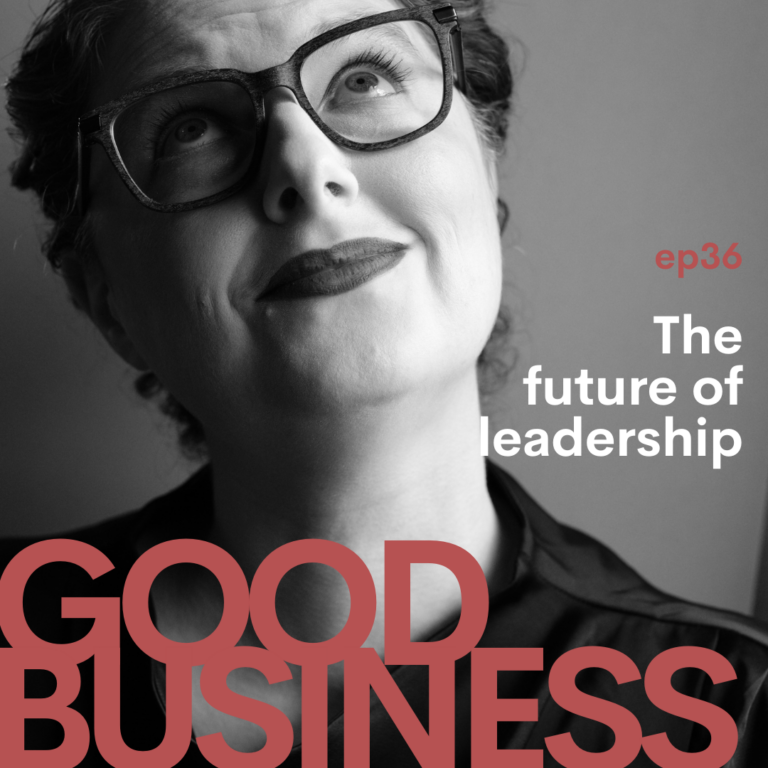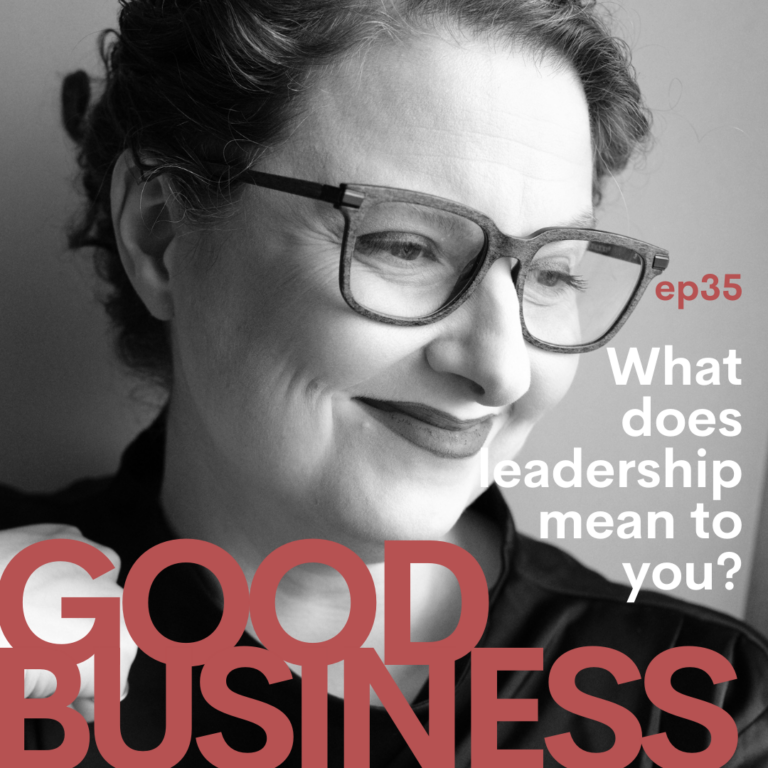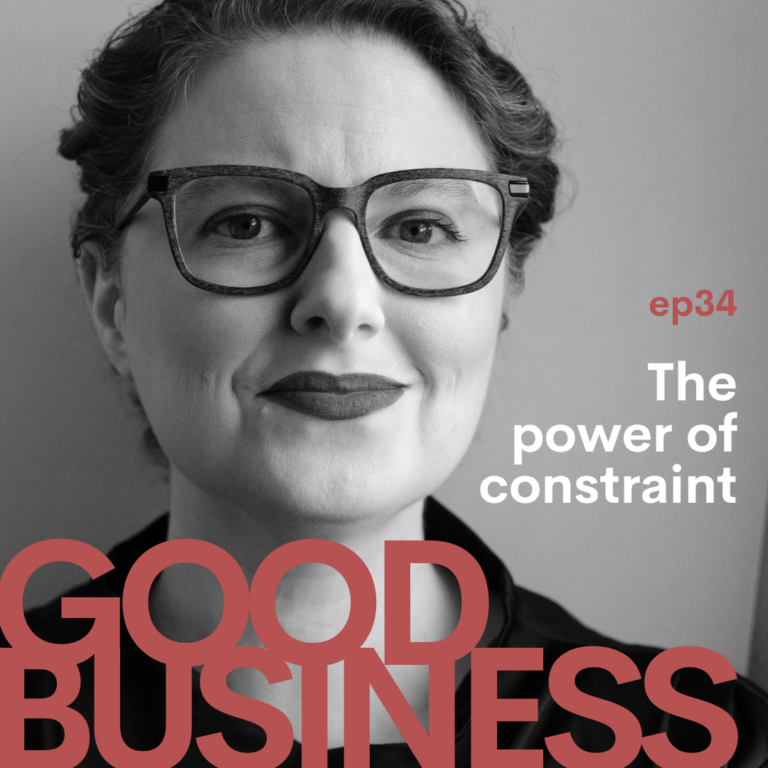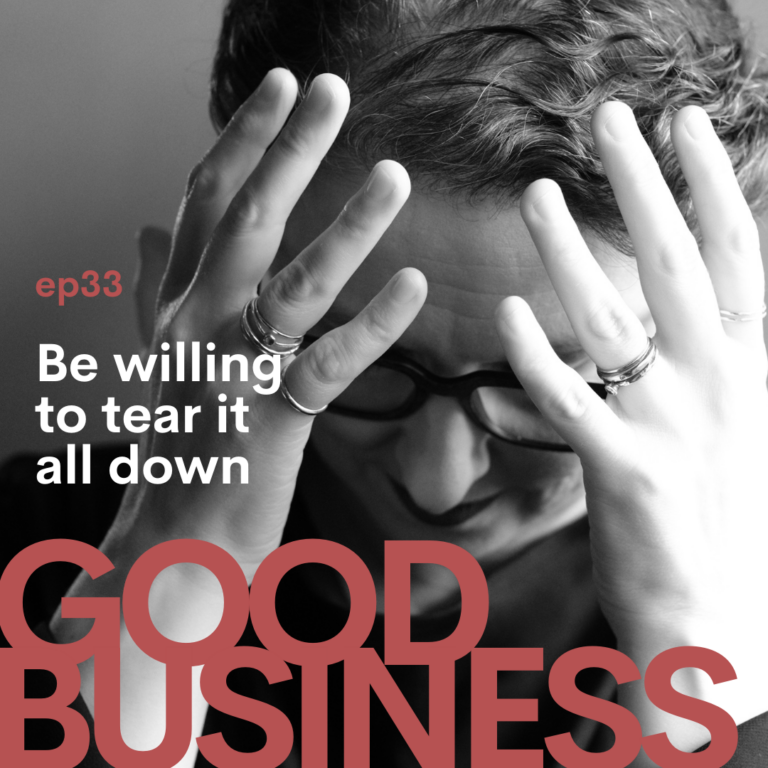Today’s topic is mistakes in business. Why? We all make them. Good business involves managing both good and bad situations effectively, with elegance, education, confidence. This skill is often overlooked. Let’s explore common mistakes, how people typically handle them (wrongly!), and better approaches. We’ll discuss power dynamics, the upside of handling mistakes well, practical tools and skills, and the bigger picture beyond client relationships.
[NOTE: The transcript below was generated with the help of AI. I do not advocate for the use of AI in copywriting in general, but see it as a useful tool for improving efficient editing of my own creative content. None of the actual content of the episode or the transcript was AI-generated. I just let the computer help me clean up the text so it can be more easily understood and consumed. ~i.]
Common Mistakes:
- Late deliveries, product errors, disappointed clients, failure to follow through (service providers).
- Wrong items, late arrivals, damaged goods, grumpy clients (product-based businesses).
- Everyone has faced these. Nobody escapes unscathed. My own experience: 15 years, 10 bad client experiences, 3 who think I’m the devil.
Why Over-Apologizing and Overcompensating Hurt:
- Clients expect it, making them more demanding.
- It changes the power dynamic, making you seem insecure and unprofessional.
- You lose control, potentially damaging the relationship.
Maintaining Power Dynamics:
- Over-apologizing and overcompensating can lead to:
- Client insecurity and aggression.
- Client micromanagement and fear.
- Breakdown of trust and relationship.
- You need to maintain power to deliver effectively and earn continued trust.
Taking Accountability:
- Apologize only for what you could have done better.
- If the mistake had impact, apologize for that (e.g., late delivery affecting client’s business).
- Don’t overexplain or blame yourself.
Addressing Mistakes:
- For minor issues or no impact: apologize, move on to next project stage.
- For high-impact issues:
- Apologize for the effect.
- Offer compensation if possible.
- Outline a plan to fix the issue and prevent recurrence.
- Move forward.
- If the client remains dissatisfied, offer to end the contract. Don’t tolerate abuse.
Surprising and Delighting Clients:
- Go beyond fixing the issue.
- Surprise them with a thoughtful gift unrelated to your work.
- This personalizes your relationship and builds goodwill.
- Example: Sending extra coffee for a broken bag.
Standing Firm Against Unreasonable Clients:
- If you’re right and the client is abusive, calmly stand your ground.
- Remind them of agreements and contracts.
- If necessary, end the contract. It’s not worth taking abuse.
- This applies to all businesses, though specific boundaries may vary.
Shifting the Conversation and Setting Expectations:
- Don’t dwell on mistakes. Remind the client it was a one-off and move forward.
- Don’t let the client control the conversation.
- Set clear expectations about communication and professionalism from the start.
Conclusion:
- Mistakes are inevitable, but handling them well can build strong client relationships.
- Be confident, graceful, and human.
- Treat clients as equals and set healthy boundaries.
- You can turn a bad situation into a positive one and create loyal clients.
More Episodes
Identifying your leadership values | GB37
Today's episode is about identifying your leadership values. And not in a "Oh, I value honesty" version. It might not sound sexy, but it's essential. Episode Transcript: Hi everybody, and welcome back to the Good Business...
The future of leadership | GB36
Today's episode is about the future of leadership. Leadership is broken. So what do we do about that? Episode Transcript: Hi, everybody, welcome back to the Good Business Podcast. I’m your host, Illana Burk, and I am delighted...
What does leadership mean to you? | GB35
Today's episode is about leadership. What leadership is, what it isn't, what it means, and why it's important. Episode Transcript: Hi everybody, welcome back to the Good Business, I’m so glad you are here with me today. I want...
The power of constraint | GB34
Today's episode is about constraint. That's right. Constraint and scarcity and false scarcity. Ready? Episode Transcript: Hi everybody. And welcome back to The Good Business Podcast. I'm your host, Illana Burk. I am delighted to...
Be willing to tear it all down | GB33
Today, we are going to talk about something that comes up again and again. And that is the willingness to pivot, to make big changes when you see them as necessary. Now a lot of this ties into the basic concept of objectivity. And we’re going to touch on that a little bit too. But today is really about making peace with something that we are told our whole lives, that we’re not supposed to make peace with, which is that something is not actually better than nothing.
What is your work ACTUALLY worth? | GB32
Do you know what your work is actually worth? How do you answer when someone asks why they should pay your rates? Episode Transcript: I'm Illana Burk, CEO of Your Life's Workshop, coach to entrepreneurs and solopreneurs...






